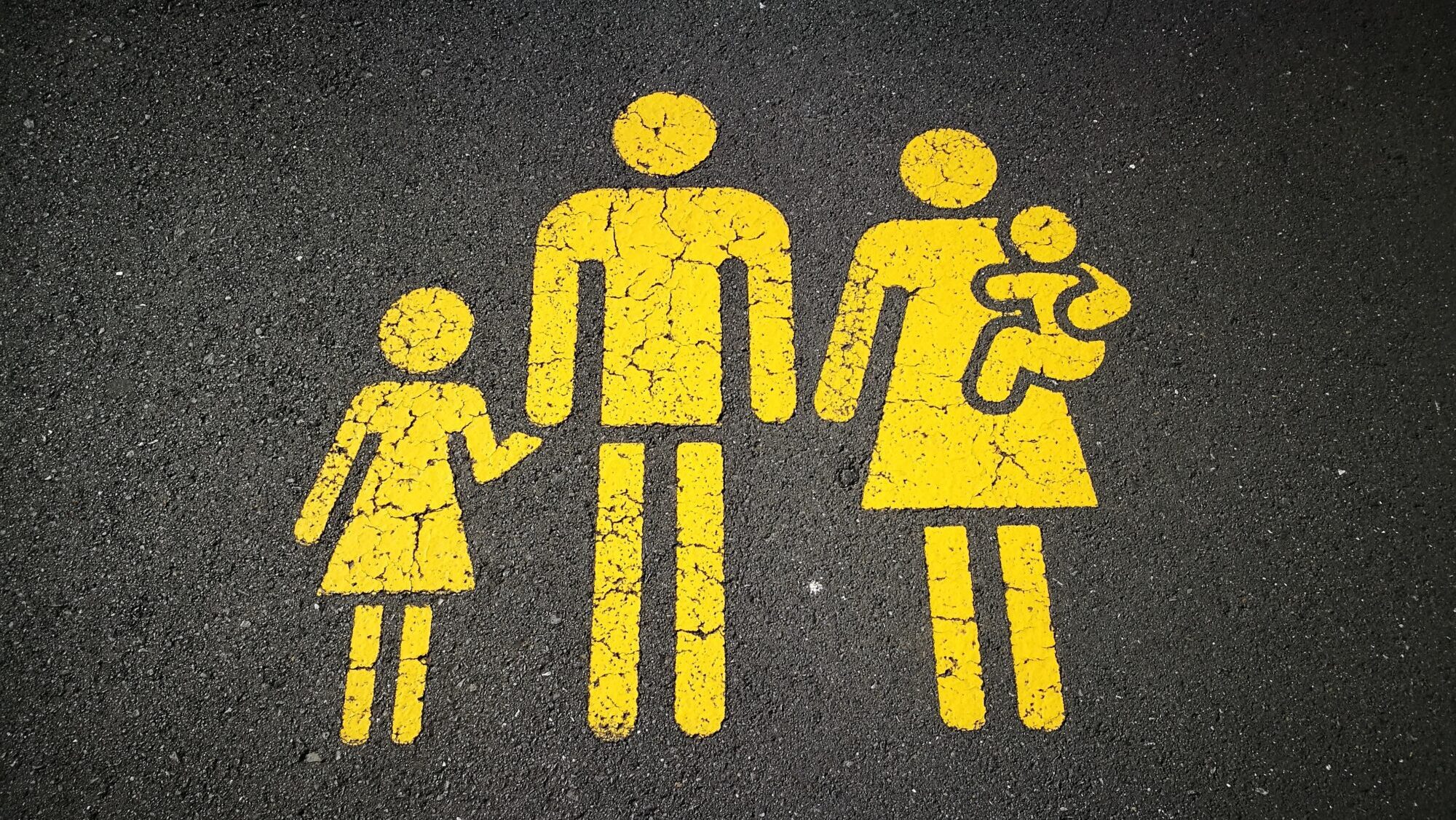
Photo: Sandy Millar on Unsplash
A French ‘couple’ now has two babies thanks to contracting surrogacy arrangements in the U.S.
The caveat, though, is that the pair are brother and sister and their children now have impossibly muddled family relationships—all motivated by the desire to have heirs to the family fortune.
So reports the Mail Online about the strange case, and more cases like this are expected to happen as surrogacy heads for a global boom.
Jeanine and Robert Salomone are 52 and 62 respectively. Neither is married and without children of their own, they feared their mother’s €2 million fortune would end up in the hands of cousins. The solution, they decided, was surrogacy. Through fertility doctors and a surrogacy agency in California, they found an egg donor and surrogate. The eggs were fertilized with Robert’s sperm and one embryo was transferred to the surrogate mother and another to Jeanine. Two babies were born, one for Jeanine and one for Robert.
Now the family fortune is hung securely on a desperately tangled family tree. To the little boy born of Jeanine, Robert Salomone is both the father and uncle. The little girl born of the surrogate mother is the baby boy’s twin, (because Mr Salomone and the American woman are the genetic parents of both), his half-sister (because they have the same father but were born to different women) and his cousin (because she is the daughter of his birth mother’s brother).
Professor Axel Kahn, of the French medical ethics committee, told the Mail Online:
This sickens, saddens and shocks me. It disturbs all the family relationships because it means the little boy is the son of his uncle, while his genetic mother is a surrogate he will never know.
This will be a difficult situation to cope with and I’m horrified that doctors have been so mercenary as to permit it.
Although French ethicists have expressed their horror at the situation, which is illegal in France, there is little they can do about it now.
In Spain, authorities have seemingly turned a blind eye to a high-profile case of surrogacy that in principle violates Spanish law.
Spanish actress Ana Obregón brought her daughter-granddaughter back to the country in June. The child was conceived with the sperm of Obregón’s son, who died from cancer in 2020, and was born to a surrogate mother in Florida in April. The news made headlines in Spain, where politicians, including from the ruling socialist party that opposes surrogacy, postured briefly.
The potential illegality comes from the fact that the baby is genetically Obregón’s granddaughter but, according to statements from the actress, she is legally registered as her daughter. Specialists in Spanish law have told Spanish media that such consanguineous legal parenthood is illegal in Spain. A genetic grandmother can never be recognised as the legal mother of the same child, not even through adoption. They said that though she may have presented the right paperwork to get a Spanish passport for a child born to a surrogate mother in the U.S., the Spanish state prosecutor would still have grounds to oppose the legal recognition of Obregón as mother.
But Obregón seems to have no fear of prosecution. She gave an in-depth interview, including details of her decision to turn to surrogacy and her life with her granddaughter, on Spanish television on September 14th.
The incident shows how normalised surrogacy has become even in countries where it is still illegal, and the consequent booming of international trade in the practice.
According to the commercial research group IMARC, the industry has grown from $6 billion in 2018 to an estimated $17.9 billion in 2023. Global Market Insight also predicts an exponential boom in the next decade with surrogacy growing to a $129 billion market by 2032.
Its getting easier and easier to contract surrogacy. Last year a fertility doctor and a former surrogate in the US launched the dating app of surrogacy, Nodal, to make it easier to find surrogates.
Not even the war in Ukraine, where the surrogacy market is second only to that of the U.S., has slowed down the practice. With Russian bombardments interrupting medical services and putting lives at risk, would-be parents moved their search to other countries where the practice is well-established. Georgia and Cyprus got much of Ukraine’s surrogacy business but agencies in Mexico and Latin America have also noticed a 20-30% increase in customers.
Georgia has since repented. In June, the government put forward a law that would limit the practice to Georgian citizens and require that it be only altruistic, meaning to outlaw direct compensation to surrogate mothers, effectively ending the industry.
Hopefully, more countries will follow suit.
